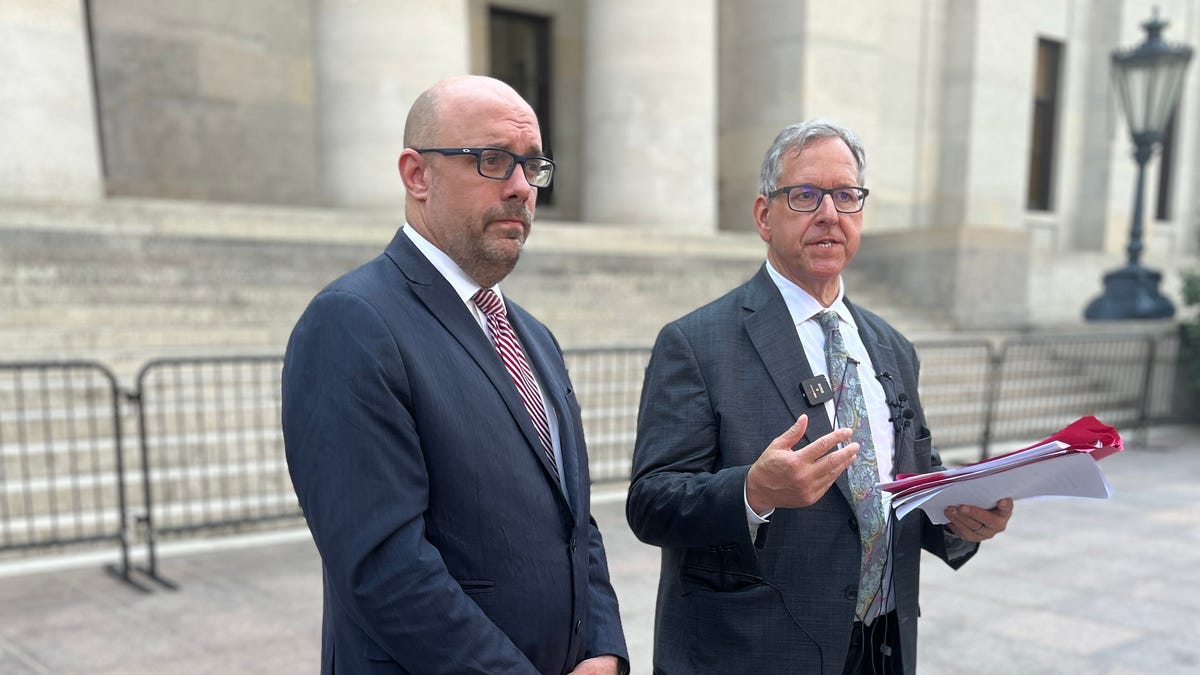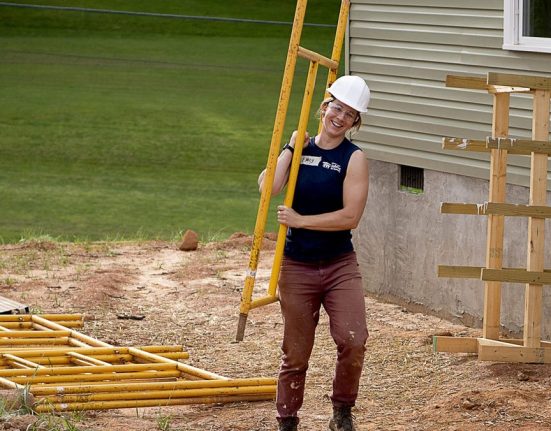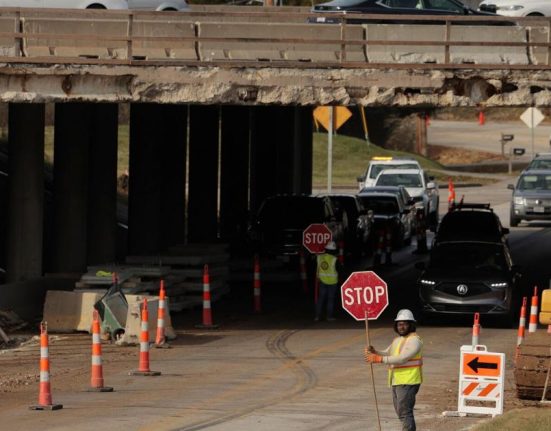
See how to find out if you have unclaimed funds in Ohio
Ohio’s new budget gives the state control of $1.7 billion in unclaimed funds. Here’s how to check if your money is in that pool.
- A lawsuit challenges the constitutionality of using Ohioans’ unclaimed funds to finance a new Cleveland Browns stadium.
- The lawsuit alleges the state’s plan to seize $1.7 billion in unclaimed funds, including $600 million for the Browns, is an abuse of power.
- The Ohio Constitution requires compensation for property seized through eminent domain.
- Attorney General Dave Yost personally opposed the plan but believes it’s legal.
A plan to help pay for a new Cleveland Browns stadium with Ohioans’ abandoned money is unconstitutional and should be stopped, according to a new lawsuit.
Former Ohio Attorney General Marc Dann and former state Rep. Jeff Crossman, both Democrats, filed a class action lawsuit July 7 on behalf of three Cuyahoga County residents and other Ohioans with unclaimed funds.
The move came days after Gov. Mike DeWine signed the state budget, which includes $600 million in unclaimed funds for the Browns’ development in Brook Park.
Dann and Crossman pledged to sue before lawmakers passed the budget, saying that money belongs to the people of Ohio. The state is sitting on $4.8 billion in forgotten property, including paychecks and security deposits.
“The State of Ohio intends to steal over a billion dollars in private property from its citizens and pour it into the pockets of Jimmy Haslam, one of America’s richest men,” Crossman said in a statement. “Everyday Ohioans are rightfully outraged by this blatant abuse of power. The government can’t just take someone’s property and give it to someone else.”
Ohio will take control of $1.7 billion in unclaimed funds, with $600 million reserved for the Browns, $400 million for other stadium projects and $700 million for unknown purposes. The team must meet tax revenue targets for the next 16 years and set aside $100 million to make up any shortfalls.
Lawmakers have spent unclaimed money in the past, but Ohio never assumed ownership of it until now. Going forward, officials can seize funds abandoned for 10 years. Ohioans will be able to seek payment for any money transferred to the state until 2036.
The Ohio Constitution requires the state to compensate people for property seized through eminent domain, the ability of government to acquire private property for public use “in time of war or other public exigency.” The Ohio Supreme Court previously barred the state from keeping interest earned on unclaimed funds.
Attorney General Dave Yost called the plan “poor public policy” and urged DeWine to veto it. But he also contends it’s legal and would survive a court challenge.
John Fortney, a spokesperson for Senate Republicans, said Dann doesn’t have the best track record, alluding to his brief time as attorney general before he resigned in 2008.
“It’s important to make it clear that the money from unclaimed funds has been sitting idle for decades, and anyone who needs to file a claim for recovery has at least another decade to do so,” Fortney said.
(This story was updated with additional information.)
State government reporter Haley BeMiller can be reached at hbemiller@gannett.com or @haleybemiller on X.







